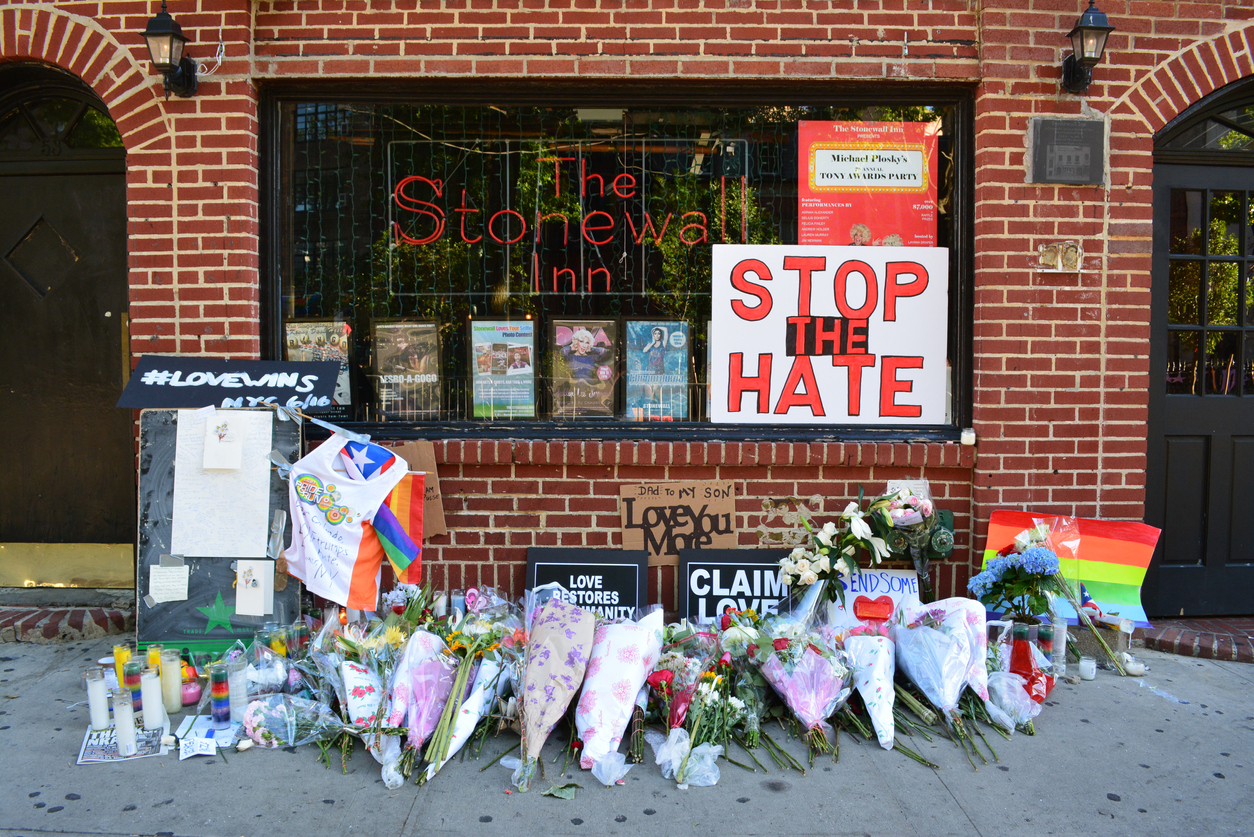
October is LGBTQ History Month. As a queer and nonbinary person from the South, honoring and preserving my community’s history is more important than ever as attempts to suppress our civil rights increase in places like Florida, which I call home. While many people are perhaps more familiar with Pride Month in June with parades and festivals that amplify the message of being proud of who we are, and commemorating the 1969 Stonewall Uprising that propelled a new era in the fight for gay liberation, LGBTQ History Month goes further honoring the movement.
In 1994, Rodney Wilson, the first openly gay history teacher at a Missouri public high school, founded LGBTQ History Month because he saw that students weren’t learning about the history of LGBTQ+ people and their civil rights efforts.
During this month of recognizing the history and contributions of LGBTQ people, as Audrey Lorde said, “There is no such thing as a single-issue struggle because we do not live single-issue lives.”
Intersectionality is fundamental in social justice movements. Intersectionality acknowledges that oppressions based on gender, race, ethnicity, sexual orientation, disability, class, and other forms of discrimination “intersect” and, therefore cannot be addressed in isolation. When you examine the work of some of the most prominent activists in this nation’s history, you’ll often find that they were committed to a number of different liberation movements.
LGBTQ folks have always been a part of revolutionary history. Many prominent activists are queer, including Angela Davis, James Baldwin, Bayard Rustin, and Pauli Murray, a pioneering Black woman who was a lawyer, a feminist, a civil rights activist, a priest, and a poet who founded the Congress of Racial Equality (CORE) with Bayard Rustin in the early 1940s and influenced, among others, including Dr. Martin Luther King Jr. All of these Queer and Trans activists were not only fighting for LGBTQ rights but for the liberation of all marginalized communities. These activists embodied intersectional activism as Black queer folks speaking out about class struggles, climate justice, feminism, and other issues besides LGBTQ rights.
The ways that the LGBTQ community is impacted by climate change range from housing discrimination to barriers to healthcare. Those unable to access traditional housing due to discrimination, as well as the economic struggles LGBTQ folks face tied to discrimination, can lead to residing in low-income neighborhoods that already face the effects of environmental racism.1 These areas, already disproportionately burdened with environmental degradation such as pollution exposure, and social factors such as food insecurity, will see these burdens worsened by the climate crisis.
In a 2022 Center for American Progress study, LGBTQ respondents were more than three times as likely as non-LGBTQ respondents to report that they delayed or avoided receiving needed medical care in the past year because of disrespect or discrimination from a doctor or other healthcare provider. This increases the likelihood that LGBTQ people receive little to no treatment for health conditions caused by environmental pollution and climate crisis stressors.
Climate action advocates can honor LGBTQ History this month by learning about the LGBTQ activists who championed environmental justice. Knowing the unique ways the LGBTQ community has been impacted by climate change can inform and shape our efforts today, ensuring that the solutions we support are inclusive of the needs of all historically disadvantaged communities.
- “How Environmental and Climate Injustice Affects the LGBTQI+ Community” 2022 https://www.americanprogress.org/article/how-environmental-and-climate-injustice-affects-the-lgbtqi-community/ ↩︎
